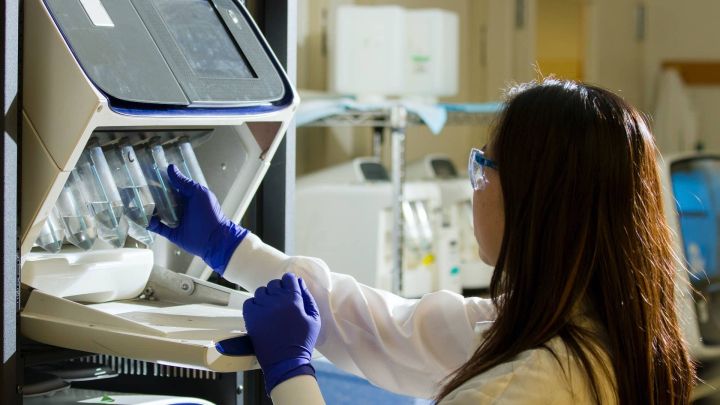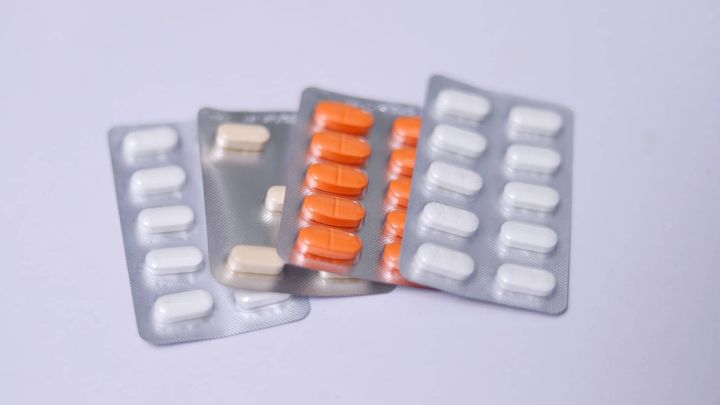Apparatus
FDA Grants Orphan Drug Status To Two New Therapies In a Row, And These Two Groups Of Patients Are Expected To Benefit!
Recently, the US FDA has granted orphan drug status to two new therapeutics in a row. One is a small molecule inhibitor, PCLX-001, for the treatment of acute myeloid leukaemia; the other is a T-cell therapy, ET140203, for the treatment of hepatoblastoma. Both therapies are currently in relevant trials.

Recently, the US FDA granted orphan drug status to two new therapies in a row. One is a small molecule inhibitor, PCLX-001, for the treatment of acute myeloid leukaemia, and the other is a T-cell therapy, ET140203, for the treatment of hepatoblastoma. Both therapies are currently in trials.
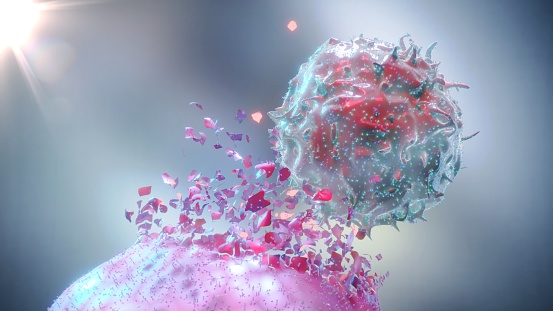
Part 1: FDA grants orphan drug status to PCLX-001 for the treatment of acute myeloid leukaemia
On 18 October, the FDA granted orphan drug status to PCLX-001 for the treatment of acute myeloid leukaemia (AML).
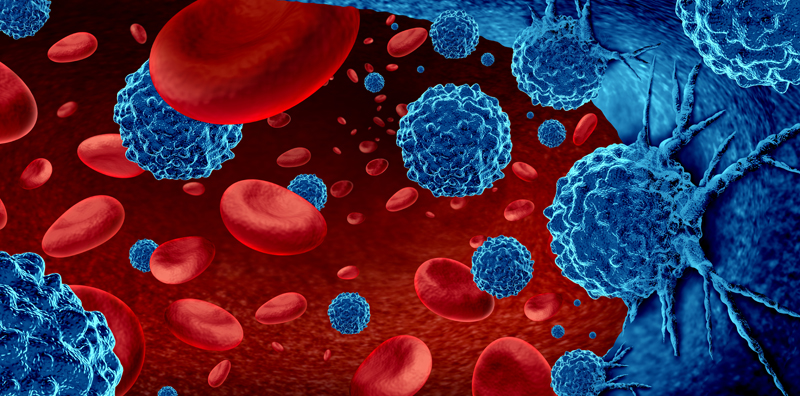
PCLX-001 is an innovative N-myristoyltransferase (NMT) inhibitor that was first developed for the treatment of leukaemia and lymphoma. PCLX-001 has also been shown to inhibit the growth of lung and breast cancer tumours in animal models. It has shown important biological effects in patients with leukaemia, lymphoma and breast cancer.
Preclinical models have shown that PCLX-001 monotherapy produced complete remission in xenografts derived from subcutaneous AML cell lines (CDX). In addition, in tail vein injected AML patient-derived xenografts (PDX), PCLX-001 reduced human peripheral blood and bone marrow CD45+ cells by up to 95%, including the malignant stem cell population that causes disease relapse.
A Phase 1 trial is currently underway to study PCLX-001 monotherapy in non-Hodgkin's lymphoma and solid tumours at four sites in Canada.

"The 5-year survival rate for AML patients aged 20 years and older is only 27%. Despite the availability of relevant therapies, patients often experience relapse." Dr. Michael Weickert, president and CEO of Pacylex, the company that owns PCLX-001, said in a statement. "Our trial will provide another option for patients who relapse, and the granting of orphan drug status for PCLX-001 illustrates the importance of this potential new therapy for patients with AML."
Part 2: FDA grants orphan drug status to ET140203 for hepatoblastoma
On October 18, the FDA granted orphan drug status to ET140203 for the treatment of hepatoblastoma.
Hepatoblastoma is a rare childhood liver tumour that usually occurs in children under the age of five.
ET140203 is an investigational T-cell therapy and Eureka Therapeutics, to which it belongs, is currently enrolling patients in a Phase 1/2 trial.

The trial is an open-label, dose-escalation, multicentre, Phase 1/2 trial designed to evaluate the safety, tolerability and preliminary efficacy of ET140203 T cells in paediatric patients. Eligible patients must have AFP-positive/HLA-A2-positive, relapsed/refractory hepatoblastoma, hepatocellular malignancy not otherwise specified, or hepatocellular carcinoma.
During the trial, patients' T cells will be collected, modified into proprietary cell receptors and then infused back into patients. ET140203 T cells are infused using Eureka Therapeutics' proprietary tumour infiltration technology, which has been shown to have the ability to enhance infiltration of solid tumours in animal models, demonstrating the potential to improve patient outcomes.
Patients will be assessed for tumour response at months 1, 3, 6, 9, 12, 18 and 24 following infusion, while serum AFP levels are measured.
The active evaluation phase of the study will last 2 years, after which patients will be followed for 15 years post-treatment to assess the safety of treatment and overall survival. The expected primary study completion date is February 28, 2023.
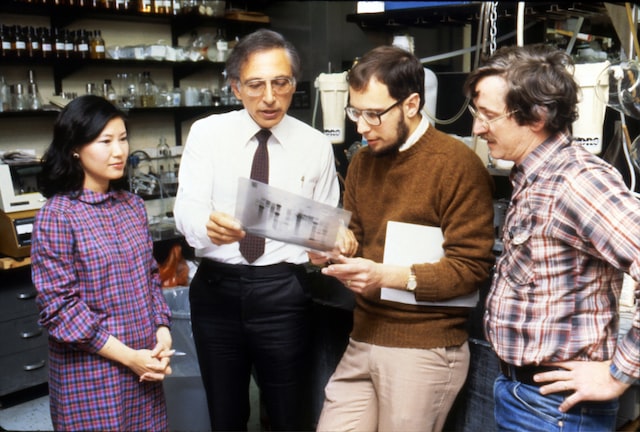
Dr. Cheng Liu, President and CEO of Eureka Therapeutics, said in a press release, "We are pleased that the FDA's earlier grant of Fast Track designation and rare pediatric disease designation for ET140203 for the treatment of hepatoblastoma, and this grant of orphan drug status for ET140203, demonstrate that pediatric liver cancer treatment there is still a significant unmet medical need."
-
![]()
![]() ApparatusDec 24, 2024
ApparatusDec 24, 2024Nature Medicine publishes results of H-drug combined with chemotherapy for first-line treatment of esophageal squamous cell carcinoma
-
![]()
![]() ApparatusDec 23, 2024
ApparatusDec 23, 2024Immune And Astrazeneca Launch Strategic Research Collaboration To Accelerate Drug Target Discovery
-
![]()
![]() ApparatusDec 22, 2024
ApparatusDec 22, 2024The 3D Medical Application Center of the U.S. Army customized assistive devices and artificial limbs for 3D printing of veterans
-
![]()
![]() ApparatusDec 21, 2024
ApparatusDec 21, 2024J. Enzyme Inhib. Med. Chem. | Protac Targeting Aimp2-Dx2: a New Therapy For Lung Cancer
-
![]()
![]() ApparatusDec 20, 2024
ApparatusDec 20, 2024Canada has developed a hand-held detector to help reduce the use of antibiotics

